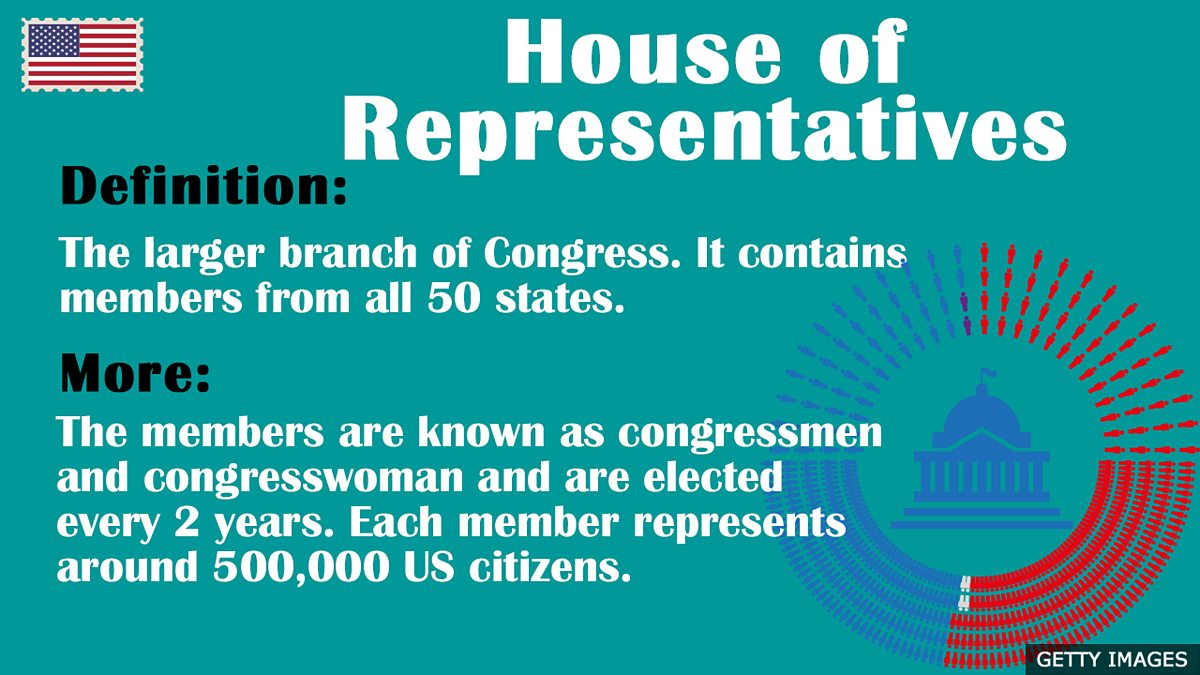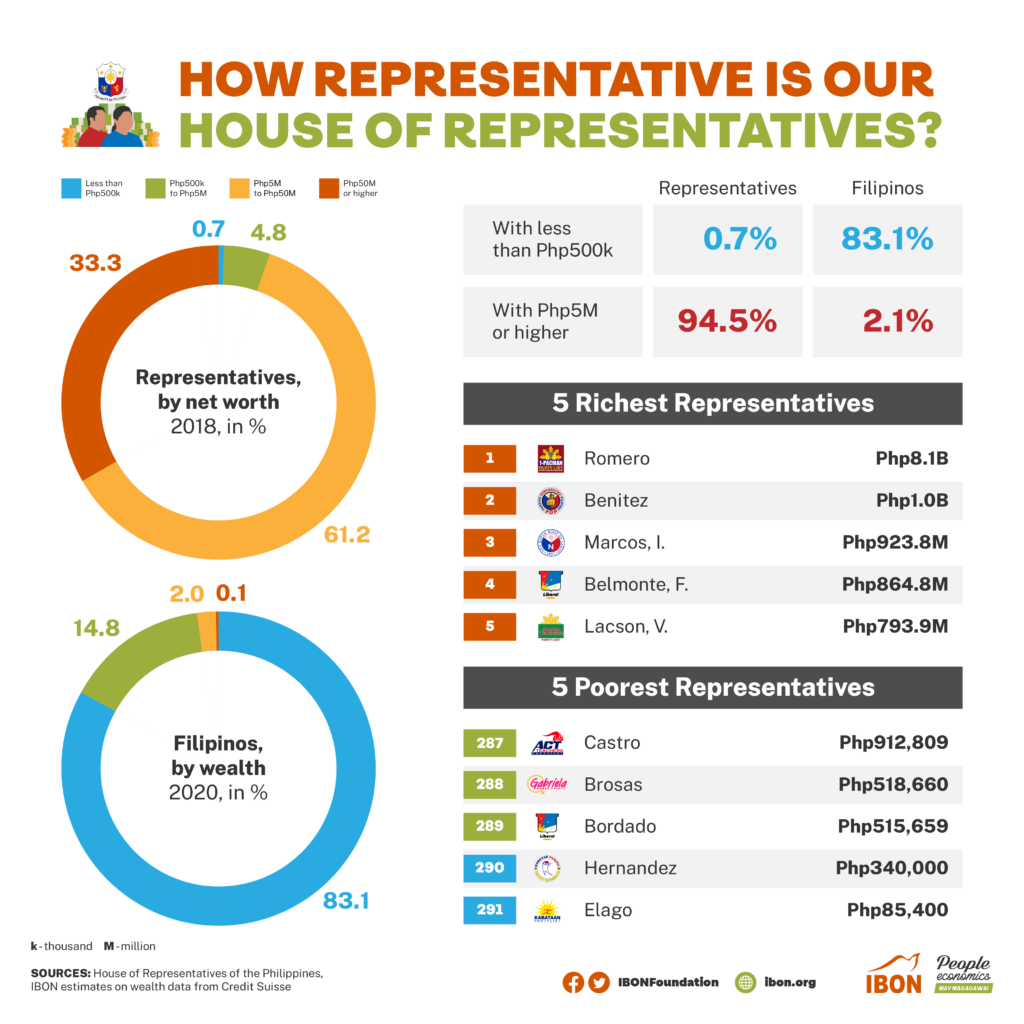Table Of Content

From 1910 to 1975 committee and subcommittee chairmanship was determined purely by seniority; members of Congress sometimes had to wait 30 years to get one, but their chairship was independent of party leadership. The rules were changed in 1975 to permit party caucuses to elect chairs, shifting power upward to the party leaders. In 1995, Republicans under Newt Gingrich set a limit of three two-year terms for committee chairs.
Membership, qualifications, and apportionment
Unlike the oath of office sworn by the President of the United States, where it is used only by tradition, the phrase “so help me God” has been part of the official oath of office for all non-presidential offices since 1862. Information about the source, type, amount, or value of the incomes of representatives, officers, and candidates. All representatives serve until the end of the current Congress on Jan 3, 2025. Members of Congress in both houses are assigned to committees with specific areas of interest (e.g., the Intelligence Committee, the Agriculture Committee). Often, their committee assignments reflect their interests or the interests of their district.
U.S. House Committees
The House has 435 members, the number representing each state is determined by population. 32% of representatives are men over the age of 60, while only 17% of representatives are women 60 years old or younger. The table below shows a breakdown of how many years the representatives have been serving in office.
Personnel, mail and office expenses
One advantage of the Committee of the Whole is its ability to include otherwise non-voting members of Congress. The House began work on April 1, 1789, when it achieved a quorum for the first time. The webmaster will not forward messages to congressional offices.
The presiding officer is the Speaker of the House, who is elected by the members thereof. Other floor leaders are chosen by the Democratic Caucus or the Republican Conference, depending on whichever party has more voting members. A further dominating element of House organization is the committee system, under which the membership is divided into specialized groups for purposes such as holding hearings, preparing bills for the consideration of the entire House, and regulating House procedure. Almost all bills are first referred to a committee, and ordinarily the full House cannot act on a bill until the committee has “reported” it for floor action. There are approximately 20 standing (permanent) committees, organized mainly around major policy areas, each having staffs, budgets, and subcommittees.

The Constitution provides that the Senate's "advice and consent" is necessary for the president to make appointments and to ratify treaties. Thus, with its potential to frustrate presidential appointments, the Senate is more powerful than the House. The House also has the power to formally censure or reprimand its members; censure or reprimand of a member requires only a simple majority, and does not remove that member from office. Send comments about the Find Your Representative service to the webmaster. Please note that messages for a specific representative sent to the webmaster will not be forwarded to the representative.
The U.S. Constitution requires that vacancies in the House be filled with a special election. The term of the replacement member expires on the date that the original member's would have expired. Seats vacated during a term are filled through special elections, unless the vacancy occurs closer to the next general election date than a pre-established deadline. The term of a member chosen in a special election usually begins the next day, or as soon as the results are certified. Under Article I, Section 2 of the Constitution, seats in the House of Representatives are apportioned among the states by population, as determined by the census conducted every ten years.
Representatives by Party
Constitution saw the two houses as having distinct roles, with the House designed to serve as a forum for more pressing, everyday concerns, while the Senate was intended to be a place for calmer deliberation. The Speaker of the House is also the second person in the U.S. presidential line of succession—the order in which presidents are replaced if they die, resign or are removed from office—after the Vice President and before the President pro tempore of the Senate. The Senate includes 100 members, with each of the 50 states electing two senators to this body of Congress to six-year terms.
Indiana Sixth District candidates running for open seat in U.S. House of Representatives - FOX 59 Indianapolis
Indiana Sixth District candidates running for open seat in U.S. House of Representatives.
Posted: Sun, 21 Apr 2024 07:00:00 GMT [source]
Speaker of the House
Use GovTrack to find out who represents you in Congress, what bills they have sponsored, and how they voted. Ballotpedia features 487,090 encyclopedic articles written and curated by our professional staff of editors, writers, and researchers. Click here to contact our editorial staff or report an error.
The courts generally do not consider ballot access rules for independent and third party candidates to be additional qualifications for holding office and no federal statutes regulate ballot access. As a result, the process to gain ballot access varies greatly from state to state, and in the case of a third party in the United States may be affected by results of previous years' elections. The Constitution vests certain exclusive powers in the House of Representatives, including the right to initiate impeachment proceedings and to originate revenue bills. The organization and character of the House of Representatives have evolved under the influence of political parties, which provide a means of controlling proceedings and mobilizing the necessary majorities. Party leaders, such as the speaker of the House and the majority and minority leaders, play a central role in the operations of the institution.

The presiding officer sits in a chair in the front of the House chamber. The powers of the presiding officer are extensive; one important power is that of controlling the order in which members of the House speak. No member may make a speech or a motion unless they have first been recognized by the presiding officer.
The Constitution does not specify the duties and powers of the speaker, which are instead regulated by the rules and customs of the House. Speakers have a role both as a leader of the House and the leader of their party (which need not be the majority party; theoretically, a member of the minority party could be elected as speaker with the support of a fraction of members of the majority party). Under the Presidential Succession Act (1947), the speaker is second in the line of presidential succession after the vice president. The states of Washington and California use a similar (though not identical) system to that used by Louisiana.
This page lists the currently serving representatives in the House of Representatives and the senators in the U.S. The House of Representatives shares equal responsibility for lawmaking with the U.S. As conceived by the framers of the Constitution, the House was to represent the popular will, and its members were to be directly elected by the people. In contrast, members of the Senate were appointed by the states until the ratification of the Seventeenth Amendment (1913), which mandated the direct election of senators.
The whip’s official role is to count potential votes for bills being debated for the party leaders. The House Majority Leader—who is also chosen from among the membership of the political party with the most seats in the House—schedules time for floor debate on legislation and sets the legislative strategy for the party in control. In the House of Representatives, the legislative schedule (which defines when bills are debated and voted upon) is set by the body’s leader, known as the Speaker of the House. The Speaker, who is chosen among the membership of the political party with the most seats in the House, establishes the legislative priorities for the body and presides over the deliberation of bills under consideration.
The U.S. House of Representatives does not provide a listing of public e-mail addresses for the elected Representatives. As part of its Integrated Dissemination Program update, NWS has identified several systematic upgrades critical to its emergency communications operation, including the need to replace NWS Chat. Kennedy’s victory Monday was no surprise — President Joe Biden won the district by 23 percentage points in 2020, according to calculations from Daily Kos Elections, and the district has twice as many registered Democrats as Republicans. State and tribal wildlife agencies have a proven record of successfully managing gray wolves.
The chairman's powers are extensive; he controls the committee/subcommittee agenda, and may prevent the committee from dealing with a bill. The senior member of the minority party is known as the Ranking Member. In some committees like Appropriations, partisan disputes are few. In most states, major party candidates for each district are nominated in partisan primary elections, typically held in spring to late summer. Exceptions can result in so-called floor fights—convention votes by delegates, with outcomes that can be hard to predict. Especially if a convention is closely divided, a losing candidate may contend further by meeting the conditions for a primary election.

No comments:
Post a Comment